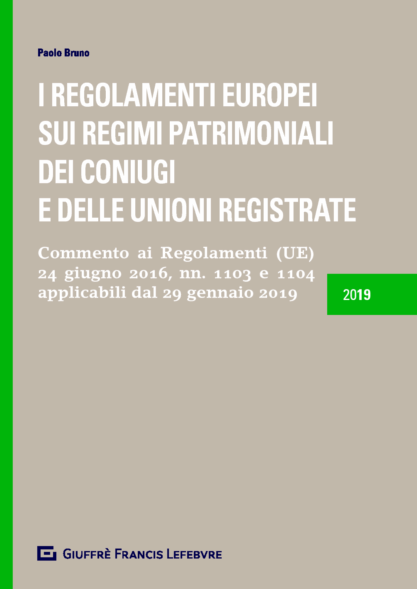15 April: Event on “Choice of Law in International Contracts”
On 15 April 2019 eleven international publishing will host an event on “Choice of Law in International Contracts” to honor the publication of Dr Gustavo Moser’s book Rethinking Choice of Law in Cross-Border Sales. The event will take place from 1 to 5 pm in the Salon Franz Josef, Hotel Regina, Rooseveltplatz 15, 1090 Vienna, Austria. Topics will include:
- Choice of Law and Brexit
- Drafting Choice of Law Clauses
- CISG Status and Prospects
1:00 pm – 3:00 pm| Roundtable Lunch with the Stakeholders
Speakers: Professor Ingeborg Schwenzer; Louise Barrington; Dr Patricia Shaughnessy; Michael McIlwrath; Luca Castellani; Dr Florian Mohs; and Dr Sabrina Strassburger
Moderator: Dr Gustavo Moser
3:30 pm – 5:00 pm| Coffee & Tea Talk
Speakers: Professor Ingeborg Schwenzer; Professor Petra Butler; Professor Andrea Bjorklund; and Dr Lisa Spagnolo
Moderator: Dr Gustavo Moser

